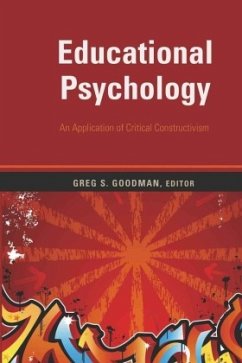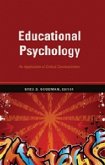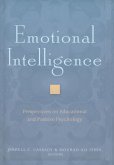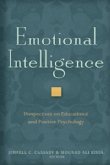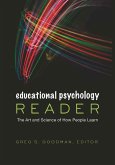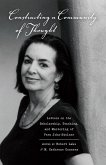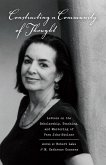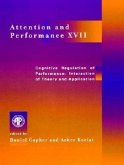Critical constructivist pedagogy considers social justice and the freedom of students to learn as the most important aspects of the teacher's work in the classroom. Educational Psychology: An Application of Critical Constructivism is a clarion call for pre-service teachers to identify their students' needs and apply critical constructivist pedagogy to facilitate their learning. Collectively, these essays emphasize the need for pre-service teachers to consider their role as fundamental to the development of their students' leadership, and awareness of social justice and equality in education as critical for a healthier and saner world.
«Challenging the dominant discourse in educational psychology, this new work draws upon critical constructivist approaches to a discipline that has for too long been held hostage by a mismeasured assessment schema and its attendant technocratic rationality. The authors of this important book bring critical pedagogy to life for pre-service educators and further the process of liberating learning from the oppressive and destructive No Child Left Behind Act.» (Peter McLaren, Graduate School of Education and Information Studies, University of California, Los Angeles)

